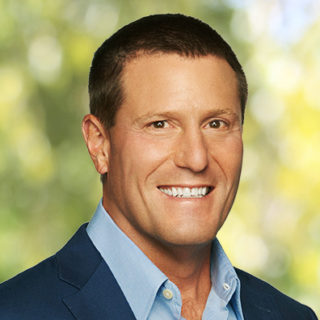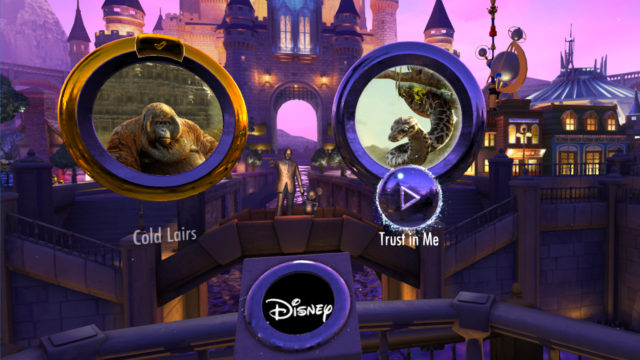The Walt Disney Company hosted its third annual Accelerator Demo Day last month at its Burbank, California headquarters to announce support of startups across a variety of verticals, including eSports, holographs, robotics, toy subscription services and mobile movie ticketing.
Another burgeoning business that is the breakout industry of 2016 is virtual reality, and Disney is positioning its corporation to be a leader in the space through their newest Accelerator in Jaunt—a movie studio that provides end-to-end solutions and produces short cinematic VR pieces. Disney previously led a $66 million investment round in Jaunt last September.
Granted, this isn’t Disney’s sole involvement in the space of cinematic storytelling. Earlier this year, Disney launched a VR app on Steam for the HTC Vive featuring content from franchises like Star Wars: The Force Awakens and Captain America: Civil War. They also partnered with Nokia to use its $60,000 Ozo camera to shoot 360-degree video for Disney films—like the April premiere of The Jungle Book—as well as marketing materials for upcoming films like Blade Runner 2049. Disney’s ABC News also has been taking journalism and storytelling to the next level with their 360-degree feature reports.
Greenlight Insights predicts that the VR industry will explode to hit $38 billion in revenues by 2026. It’s critical for entertainment conglomerates like Disney to virtually reach their convoys of consumers from every corner of the world—and they understand that.
Kevin Mayer, senior executive vice president and chief strategy officer of The Walt Disney Company who oversees corporate strategy, business development, acquisitions, enterprise IT, innovation, brand and franchise management, and global corporate alliances, joined [a]listdaily to offer further insight into Disney’s stance on VR.
What is Disney’s strategy is selecting the startups for its Accelerator program?
We try to bring in companies that we think have a connection to some of our businesses, and how they can benefit from it. How they can access our intellectual properties, or with our business systems. But we purposefully target companies that we think have a connection with Disney.

Is there one that you’re a particular fan of?
I can’t pick amongst my children. I love them all equally. (laughs)
Jaunt was one of the Accelerators. What makes them so appealing as a VR partner?
What Jaunt does is particularly challenging because they take live-action video and stitch it together for a VR environment. They’re doing storytelling and trying to immerse people in sporting events. I think that’s going to be interesting to see how it plays out. There is a lot there. It’s really cool for someone who doesn’t have access to the sidelines to be at a sporting event. ESPN is a really interesting place for sports because sporting events are going to work well. Where [virtual reality] is going to go? What the business model is going to be? How we’re going to make money? What will audiences love? We just don’t know yet. We are really in experimentation mode.
How is Disney positioning itself in the current VR wave?
We don’t know where we are going yet with VR. We’re experimenting, to tell you the absolute truth. We don’t know the answer to that yet. It’s a new medium. It’s unclear where there will be resonance with audiences, and where there won’t be. I think it’s very easy to see how VR can be very successful to video games. Essentially, those have always been VR environments.
How do you personally see the VR industry developing in the next few years?

I do think there are challenges in storytelling in an environment where you can’t control what the audience is essentially seeing. It’s going to take a breakthrough and a creative approach to directing an experience to the VR space, which is much different than a flat-screen movie where you know exactly what people are seeing. Someone will crack that code. Maybe we will crack it. I don’t know. There are certainly elements to a lot of [Disney] properties that lend themselves to that sort of experience in a really compelling way. The brands that we have, like Pixar, which is natively 3D and animated, Marvel and Star Wars, you can think of some fantastic experiences with them that will work well in the movie and storytelling space.
What kind of marketing is it going to take for the mass adoption of VR to come sooner rather than later?
It’s not a marketing issue. It’s a product issue. I really think that if you can make a great product, then you can market it effectively. Word-of-mouth these days is how a great product is really marketed. If we can have a product breakthrough, it will market itself, and we will find the right business model to make it a big success.
Follow Manouk Akopyan on Twitter @Manouk_Akopyan

